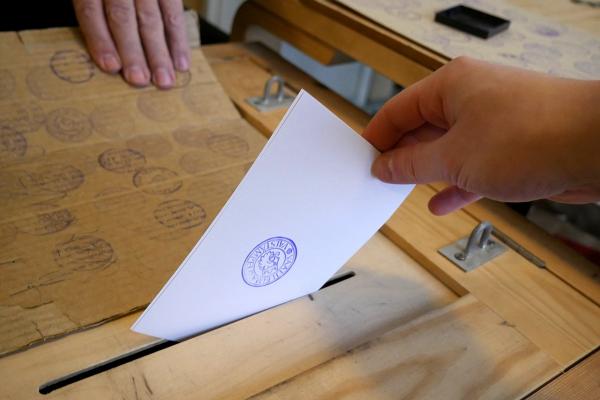Political science
As May’s European elections approach, Horizon takes a step back to see what science can tell us about European politics. We look at the latest research into people’s opinions about the EU and how they’ve changed, particularly in response to the financial crisis of 2008, and ask what needs to be done to bring the public closer to politicians. We speak to cryptography expert Dr Steve Kremer about why most of us can’t vote online yet, and democracy specialist Prof. Wolfgang Merkel about the changing political party structures in Europe and whether this is a threat to democracy. We also find out how scientists are working to detect and flag fake news on social media in order to increase the transparency of the information people encounter online.
The rise of right-wing populism is being fuelled by polarisation in society that we must address without resorting to the claim of moral superiority, or protest voters will become the permanent supporters of these new parties, says Wolfgang Merkel, director of the Democracy and Democratisation research department at the WZB Berlin Social Science Center, Germany, and professor of political science at the Humboldt University of Berlin.
Fake news has already fanned the flames of distrust towards media, politics and established institutions around the world. And while new technologies like artificial intelligence (AI) might make things even worse, it can also be used to combat misinformation.
The upcoming European elections will reveal how recent challenges such as immigration, the financial crisis, Brexit and the rise of populist parties will play out in the political arena. But the elections are also providing an opportunity for researchers to understand how to better engage voters and ensure the European Union remains relevant to its citizens.
Online voting is often considered a way to improve voter turnout and security. But according to Dr Steve Kremer of the French Institute for Research in Computer Science and Automation, computer scientists have got a long way to go before they make it a viable alternative to pencils and paper.
Bi-weekly news alert
The best Horizon stories, delivered to your inbox
Subscribe now





